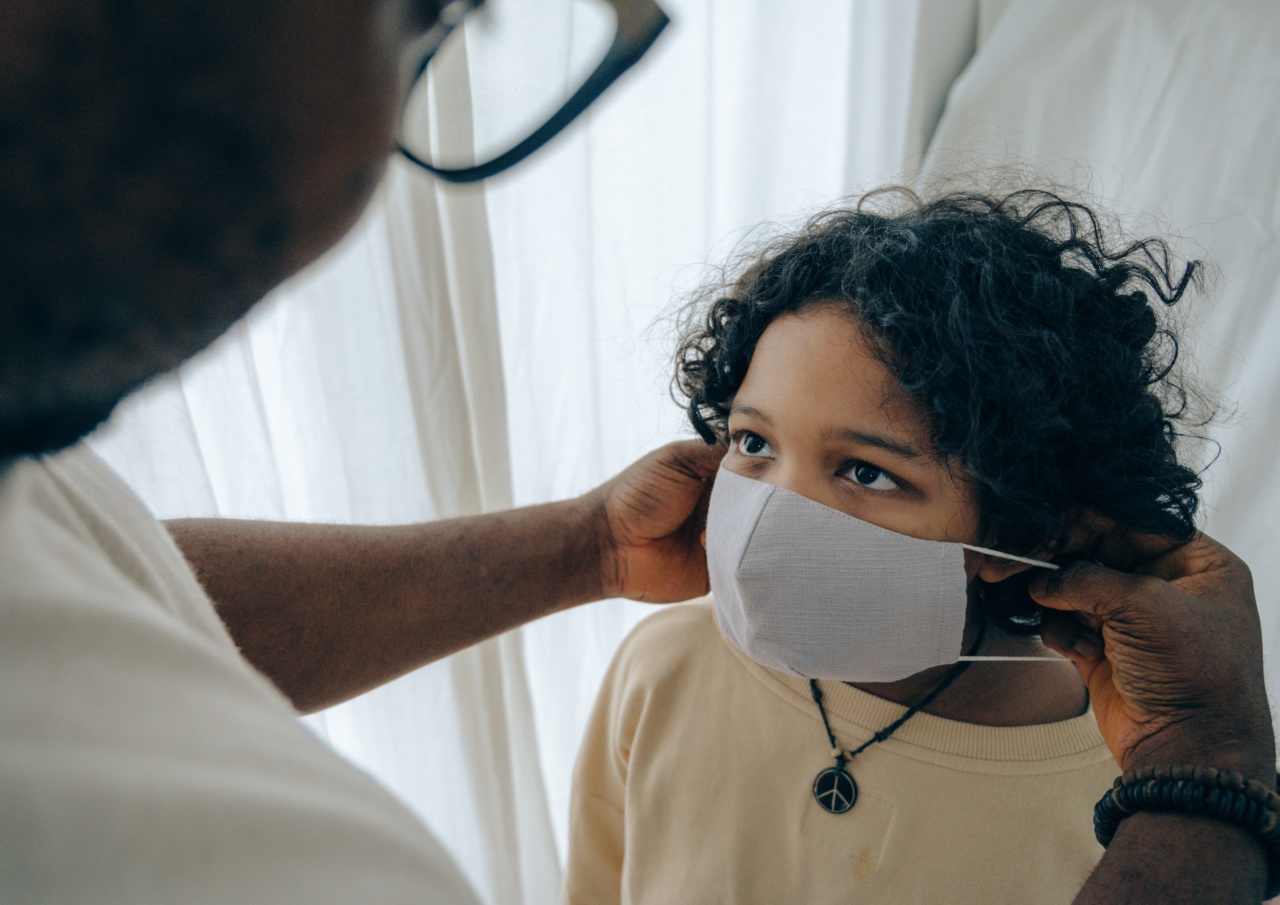Advances in medical science have led to a better understanding of genetics, and this has made genetic counseling an essential part of family planning for couples.
Genetic counseling is a process in which a trained specialist helps individuals or couples understand the risk of genetic disorders in their future offspring. The specialist evaluates the couples’ health history, medical conditions, and ethnic backgrounds to assess the risk of passing on inherited genetic diseases.
Genetic counseling provides couples with the necessary information to make informed decisions about their family planning, ensuring healthy children.
The Importance of Genetic Counseling
Carrier screening tests can identify whether a couple carries a gene for a genetic disorder even if they do not show any symptoms of the condition.
Genetic counseling plays an essential role in providing couples with information about the risks and benefits of such screening tests. The screening test can help couples determine their chances of having a child with a genetic disorder. If both partners are carriers of a genetic disorder, there is a 25% chance that their children will inherit the disorder.
Genetic counselors provide complete and accurate information about the genetic condition and its possible implications.
They provide counseling to help couples make informed decisions about their family planning and explore their options for having a healthy child. Identifying risk factors and providing knowledge about genetic disorders helps couples make decisions in the context of their own lifestyle, financial, ethical, and religious beliefs.
The Genetic Counseling Process
The first step in the genetic counseling process is a consultation with a genetic counselor.
This session usually takes 60-90 minutes and involves the counselor collecting information about the couple’s family history, medical history, and ethnic background. This information is then analyzed to determine whether there is a risk of genetic disorders in the offspring.
The analysis includes a review of the current state of genetics research, the influence of environmental factors, and the probability that the couple will transmit a genetic mutation to their offspring.
If the risk of a genetic disorder is identified, the couple is counseled on their options for having a healthy child. The couple may also be referred for additional genetic testing, which can make a more accurate diagnosis and identify affected family members at high risk of developing the disorder.
Genetic counselors provide education on various reproductive options, including natural conception, in vitro fertilization, donor sperm, donor eggs, adoption, and other alternatives.
They also provide psychological counseling and support to help couples cope with the emotional stress of a diagnosis and make informed decisions about their family planning.
Benefits of Genetic Counseling
Genetic counseling provides couples with the necessary knowledge to make informed decisions about their family planning.
Couples who receive genetic counseling before conceiving a child can identify and minimize the risk of transmitting genetic disorders. This enables them to make decisions based on their desire for children, their ability to raise a child with a genetic disorder, and the availability of any specialized care required if affected.
Ultimately, genetic counseling allows couples to take control of their reproductive health by making informed decisions about their future.
Genetic counseling also helps individuals and couples understand the risk factors associated with genetic disorders.
By identifying potential risks, professionals can provide recommendations to reduce risk, including lifestyle changes, medical treatment, and clinical surveillance.
Risks of Genetic Testing and Counseling
Genetic testing and counseling are safe procedures and generally carry few risks. There is a very small chance of experiencing physical discomfort associated with obtaining a blood sample.
Although the availability of genetic testing may increase the number of diagnoses, it does not ensure that a treatment exists for the genetic disorder.
Additionally, some couples may experience emotional stress as a result of genetic testing and counseling. Couples may feel uncertain about their future plans or become more anxious upon learning the results of their genetic testing.
However, genetic counseling can help minimize stress by providing education about the diagnosed condition and treatment options.
Conclusion
In conclusion, genetic counseling plays a crucial role in family planning, identifying potential risks, and minimizing the risk of genetic disorders.
The genetic counseling process provides individuals and couples with accurate information, appropriate guidance, and emotional support to make informed decisions about their future. Genetic counseling is a safe procedure, and the benefits of the procedure far outweigh the risks. We encourage individuals and couples to consider genetic counseling when planning a family to ensure a healthy future for their offspring.






























